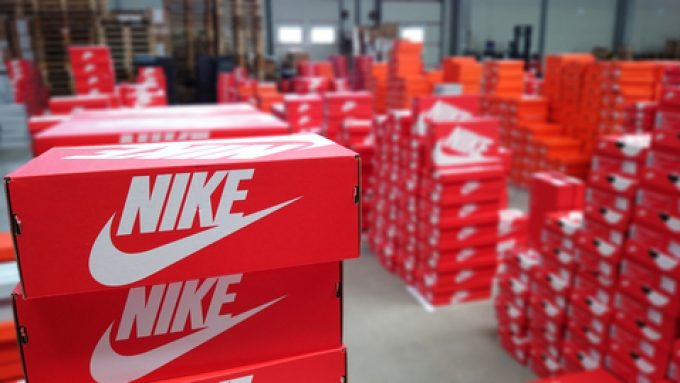Liners add capacity to Asia-ECSA as ocean rates hit 18-month high
With Asia-South America ocean freight rates at an 18-month high of around $4,350 per 40ft, ...

Nike is to offset more than one-third of its maritime transport carbon emissions with biofuel, through a deal with CMA CGM.
The ability to blend biofuel with conventional bunker fuel makes it possible for carriers to offer carbon ‘insetting’: customers can pay for a proportion of biofuel to be blended in, equivalent to the transport work done carrying their cargo.
With 36% of its cargo with CMA CGM to be covered, Nike claims offsetting in this way will reduce its CO2 emissions by 25,000 tons.
“Collaborating with a key player like Nike and taking this major step towards decarbonisation is an important achievement,” said Olivier Nivoix, CMA CGM EVP. “We are confident our success will act as a catalyst, encouraging other carriers and customers to join us on this path to accelerate the transition towards a net zero industry.”
Not everyone is happy with biofuels as a solution to CO2 emissions, however. Nike’s move contravenes the intentions of the EU ReFuelEU legislative package, which demands that “…a shift of crop-based biofuels from road transport to maritime transport” be “minimis[ed]”, because “road transport currently remains by far the most polluting transport sector”.
FuelEU Maritime noted: “It is therefore appropriate to avoid the creation of a potentially large demand for food- and feed crop-based biofuels, bioliquids and biomass fuels by promoting their use under this regulation.”
Check out this clip of DP World’s Piotr Konopka, on why collaboration is the key to decarbonisation
“Accordingly, the additional GHG emissions and loss of biodiversity caused by all types of food- and feedcrop-based fuels require that those fuels be considered to have the same emission factors as the least favourable pathway.”
The feedstock from true waste and residue streams is relatively small, and already well exploited, leaving biofuel manufacturers with little choice but to source their feedstock from crops. Doing so adds secondary effects such as deforestation and competition with food production, which add carbon emissions in any case.
Palm oil, a key biofuel feedstock, has come in for scrutiny, driving massive forest-clearance campaigns across Indonesia and Malaysia, before being laundered as ‘used cooking oil’ in China and exported to Europe. Instead, the EU argues, for shipping, so-called ‘renewable fuels of non-biological origin’ (RFNBOs) should be the priority.
A 2022 Transport & Environment study estimated that using 100% green methanol, green hydrogen or green ammonia to transport trainers from China to Europe would impose between a €0.05-€0.08 price increase if passed on to the consumer.
Comment on this article